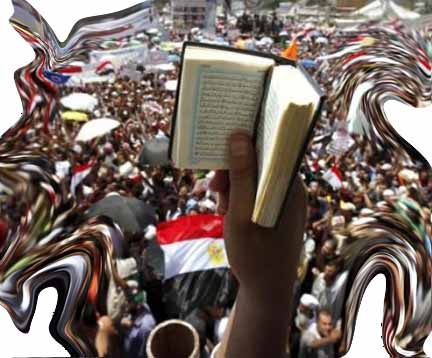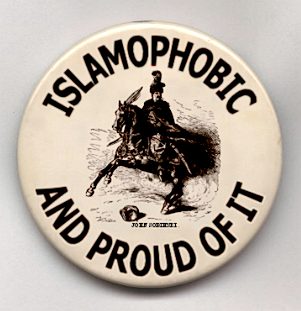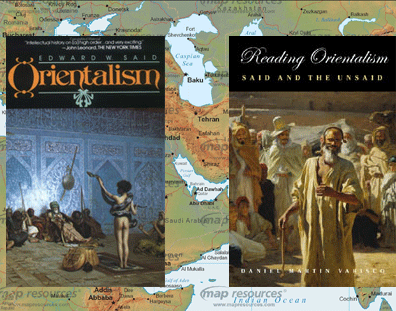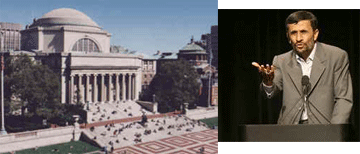
by Anouar Majid, written for Juan Cole’s Informed Comment, February 15, 2012
As the Arab Spring enters its second year and the whiff of democratic possibilities hovers in the air of many an Arab nation, a question that continues to be left unanswered is whether an Islamist worldview and democracy can truly co-exist in this climate of heightened expectations.
Revolts in Tunisia, Egypt, and Tunisia, as well as reforms in Morocco, with their insistence on Islamic solutions, have brought to the fore the twin but clashing heritages of the Arab world. Most of this world is part of the Mediterranean, but it is, by the same token, light years away from what the Romans once called their mare nostrum–our sea. The birth of Islam in the seventh century placed an insurmountable wedge between the northern and southern shores of this ancient basin and propelled both sides toward very different historical trajectories. The Romans learned from the ancient Greeks and laid down the cultural foundations of what we nowadays call the West; the Muslims, with the exception of a brief period when they built on Greek science and adopted parts of Greek philosophy, sought refuge in theology. Christian Europe did that, too, but the re-introduction of Greek thought (thanks, partly, to the Moorish philosopher Averroes) loosened the grasp of the Church and Europe was able to rediscover the legacies of ancient Greece and Rome.
Muslims have yet to do that. Continue reading Greek Lessons for the Arab Spring





